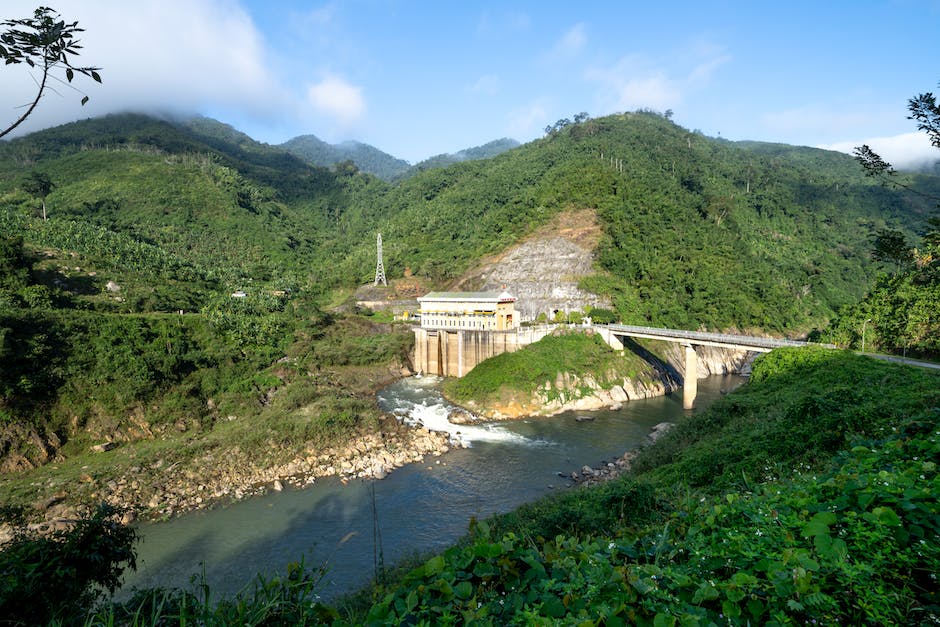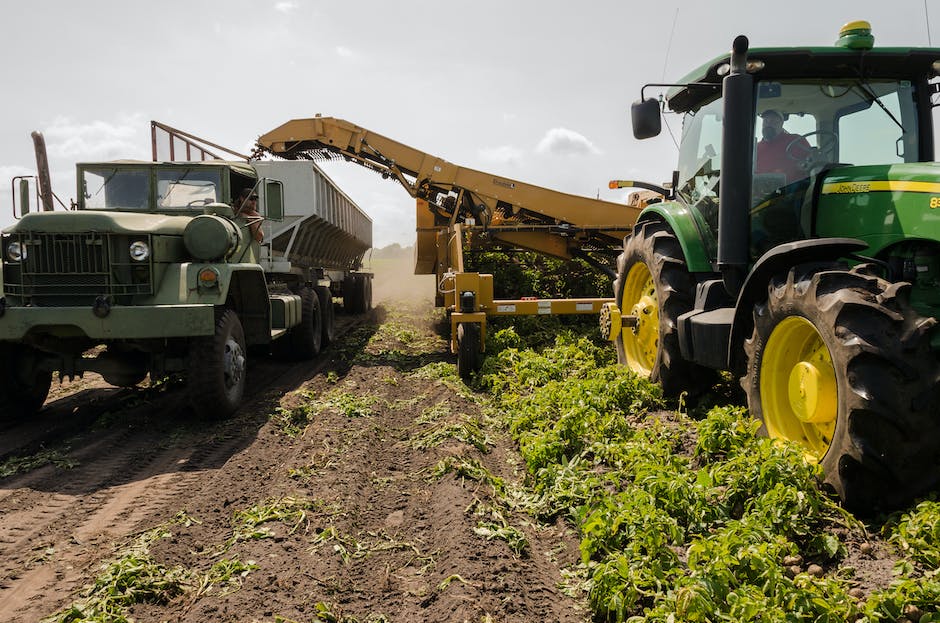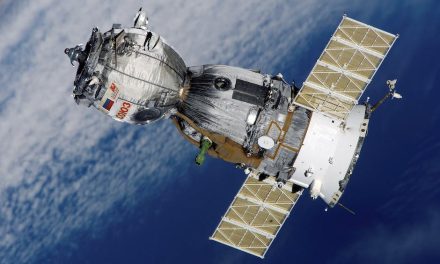Table of Contents
“Arab Leaders in Agriculture: Sowing Seeds of Sustainable Growth”
Introduction
“Arab Leaders in Agriculture: Sowing Seeds of Sustainable Growth” is an insightful exploration into the efforts and achievements of Arab leaders in the field of agriculture. This report sheds light on their commitment to sustainable practices, innovation, and the promotion of food security in the Arab region. By highlighting their initiatives, policies, and successful projects, this introduction aims to provide a glimpse into the significant role Arab leaders play in fostering agricultural development and ensuring a prosperous future for their nations.
The Role of Arab Leaders in Promoting Sustainable Agriculture Practices

Arab Leaders in Agriculture: Sowing Seeds of Sustainable Growth
The Role of Arab Leaders in Promoting Sustainable Agriculture Practices
Sustainable agriculture is a pressing issue in today’s world, and Arab leaders have recognized the importance of promoting sustainable practices in the agricultural sector. With a growing population and increasing food demand, it is crucial to ensure that agricultural practices are environmentally friendly, socially responsible, and economically viable. Arab leaders have taken significant steps to address these challenges and pave the way for a more sustainable future.
One of the key roles of Arab leaders in promoting sustainable agriculture practices is the development and implementation of policies that support environmentally friendly farming methods. These policies aim to reduce the use of chemical fertilizers and pesticides, promote organic farming, and encourage the adoption of precision agriculture techniques. By doing so, Arab leaders are not only protecting the environment but also ensuring the long-term productivity of agricultural lands.
In addition to policy development, Arab leaders have also invested in research and development to find innovative solutions to agricultural challenges. They have established research centers and institutes that focus on developing sustainable farming practices, improving crop varieties, and enhancing water management techniques. These research efforts are crucial in finding sustainable solutions to the challenges faced by the agricultural sector, such as water scarcity, soil degradation, and climate change.
Furthermore, Arab leaders have recognized the importance of capacity building and knowledge sharing in promoting sustainable agriculture practices. They have invested in training programs and workshops to educate farmers about sustainable farming techniques, efficient water use, and soil conservation. By empowering farmers with the necessary knowledge and skills, Arab leaders are enabling them to adopt sustainable practices and improve their livelihoods.
Another significant role of Arab leaders in promoting sustainable agriculture practices is the establishment of partnerships and collaborations with international organizations and other countries. These partnerships aim to exchange knowledge, share best practices, and access funding for sustainable agriculture projects. By working together, Arab leaders can leverage the expertise and resources of these organizations to accelerate the adoption of sustainable practices and achieve their agricultural development goals.
Moreover, Arab leaders have also recognized the importance of promoting social responsibility in the agricultural sector. They have implemented programs to improve the working conditions of farmers, ensure fair wages, and promote gender equality in agriculture. By addressing social issues, Arab leaders are not only improving the lives of farmers but also creating a more sustainable and inclusive agricultural sector.
In conclusion, Arab leaders play a crucial role in promoting sustainable agriculture practices. Through policy development, research and development, capacity building, partnerships, and social responsibility initiatives, they are sowing the seeds of sustainable growth in the agricultural sector. By adopting environmentally friendly farming methods, investing in research, empowering farmers, and collaborating with international organizations, Arab leaders are paving the way for a more sustainable and resilient agricultural future. It is through their leadership and commitment that we can hope to achieve food security, protect the environment, and ensure the well-being of future generations.
Innovations in Agricultural Technology by Arab Leaders
Arab Leaders in Agriculture: Sowing Seeds of Sustainable Growth
In recent years, Arab leaders have been at the forefront of driving innovations in agricultural technology. With a focus on sustainable growth, these leaders are sowing the seeds of change in the agricultural sector, revolutionizing the way food is produced and ensuring a brighter future for their nations.
One of the key areas where Arab leaders have made significant strides is in the development of smart farming techniques. By leveraging the power of technology, farmers are now able to monitor and control various aspects of their operations remotely. This includes the use of sensors to measure soil moisture levels, temperature, and humidity, allowing farmers to optimize irrigation and reduce water wastage. Additionally, drones equipped with cameras and sensors are being used to monitor crop health and detect any signs of disease or pest infestation, enabling farmers to take timely action and prevent crop losses.
Another area where Arab leaders have shown great innovation is in the use of vertical farming. With limited arable land, many Arab countries face the challenge of meeting the growing demand for food. Vertical farming, which involves growing crops in vertically stacked layers, offers a solution to this problem. By utilizing hydroponics or aeroponics systems, crops can be grown in controlled environments without the need for soil. This not only maximizes land use but also reduces water consumption and eliminates the need for harmful pesticides. Arab leaders have recognized the potential of vertical farming and have invested heavily in research and development to make it a viable and scalable solution.
Furthermore, Arab leaders have also embraced the concept of precision agriculture. This approach involves using data and analytics to make informed decisions about crop management. By collecting and analyzing data on soil composition, weather patterns, and crop performance, farmers can optimize the use of fertilizers, pesticides, and other inputs. This not only reduces costs but also minimizes the environmental impact of agriculture. Arab leaders have established research centers and partnerships with technology companies to develop advanced analytics tools and provide farmers with the necessary training and support to adopt precision agriculture practices.
In addition to technological advancements, Arab leaders have also prioritized sustainable farming practices. They recognize the importance of preserving natural resources and protecting the environment for future generations. As a result, there has been a shift towards organic farming and the use of renewable energy sources in agriculture. Organic farming eliminates the use of synthetic fertilizers and pesticides, promoting soil health and biodiversity. Arab leaders have implemented certification programs and provided incentives to encourage farmers to adopt organic practices. Furthermore, the use of renewable energy sources such as solar power in irrigation systems and farm operations has reduced reliance on fossil fuels and contributed to a greener agricultural sector.
In conclusion, Arab leaders have taken significant steps towards transforming the agricultural sector through innovations in technology and sustainable practices. By embracing smart farming, vertical farming, precision agriculture, and organic farming, they are not only increasing food production but also ensuring the long-term viability of their agricultural systems. These efforts are not only benefiting their own nations but also serving as a model for other countries to follow. With their commitment to sustainable growth, Arab leaders are sowing the seeds of change and paving the way for a more sustainable and prosperous future in agriculture.
Arab Leaders’ Efforts in Ensuring Food Security and Self-Sufficiency
Arab Leaders in Agriculture: Sowing Seeds of Sustainable Growth
In recent years, Arab leaders have been making significant efforts to ensure food security and self-sufficiency in their countries. Recognizing the importance of agriculture as a key sector for economic development and social stability, these leaders have implemented various strategies and initiatives to promote sustainable growth in the agricultural sector.
One of the main challenges faced by Arab countries is their heavy reliance on food imports. With a rapidly growing population and limited arable land, ensuring a steady supply of food has become a top priority for these nations. Arab leaders have realized that achieving food security and self-sufficiency requires a comprehensive approach that encompasses both domestic production and international cooperation.
To address this challenge, Arab leaders have been investing heavily in agricultural research and development. They have established research centers and institutes dedicated to improving crop yields, developing drought-resistant varieties, and promoting sustainable farming practices. By harnessing the power of science and technology, these leaders aim to increase agricultural productivity and reduce the dependence on imports.
In addition to research and development, Arab leaders have also been focusing on improving the efficiency of their agricultural systems. They have implemented modern irrigation techniques, such as drip irrigation and precision farming, to optimize water usage and minimize waste. By adopting these innovative practices, Arab farmers can maximize their yields while conserving precious water resources.
Furthermore, Arab leaders have been promoting organic farming and sustainable agriculture as a means to protect the environment and ensure the long-term viability of the agricultural sector. They have introduced organic certification programs and provided incentives for farmers to adopt organic practices. By reducing the use of chemical fertilizers and pesticides, these leaders aim to safeguard the health of both consumers and the environment.
To enhance food security and self-sufficiency, Arab leaders have also been investing in rural infrastructure and agricultural value chains. They have built roads, storage facilities, and processing plants to improve the transportation and storage of agricultural products. By strengthening the linkages between farmers, processors, and markets, these leaders aim to reduce post-harvest losses and increase the profitability of the agricultural sector.
Moreover, Arab leaders have recognized the importance of international cooperation in achieving food security. They have been actively engaging with regional and international organizations, such as the Arab League and the United Nations Food and Agriculture Organization, to exchange knowledge and expertise. By collaborating with other countries, Arab leaders can learn from best practices and implement effective policies to enhance their agricultural sector.
In conclusion, Arab leaders have been making commendable efforts to ensure food security and self-sufficiency in their countries. Through investments in research and development, adoption of innovative farming practices, promotion of organic agriculture, and enhancement of rural infrastructure, these leaders are sowing the seeds of sustainable growth in the agricultural sector. By prioritizing agriculture and embracing international cooperation, Arab countries are well on their way to achieving food security and self-sufficiency, thereby ensuring a prosperous and stable future for their citizens.
Collaborative Initiatives by Arab Leaders to Enhance Agricultural Development
Collaborative Initiatives by Arab Leaders to Enhance Agricultural Development
Agriculture has always played a crucial role in the economies of Arab countries. With vast stretches of arable land and a rich history of farming, the region has the potential to become a global leader in agricultural production. Recognizing this potential, Arab leaders have come together to implement collaborative initiatives aimed at enhancing agricultural development and ensuring sustainable growth.
One such initiative is the Arab Food Security Initiative, launched in 2013 by the League of Arab States. This initiative aims to promote food security in the region by improving agricultural productivity, enhancing water management, and strengthening rural development. Through this initiative, Arab leaders are working together to address the challenges of food security and ensure a steady supply of affordable and nutritious food for their populations.
Another collaborative effort is the Arab Organization for Agricultural Development (AOAD), established in 1970. AOAD serves as a platform for Arab countries to exchange knowledge and expertise in the field of agriculture. It facilitates cooperation in areas such as research and development, technology transfer, and capacity building. By pooling their resources and sharing best practices, Arab leaders are able to accelerate agricultural development and promote sustainable farming practices.
In addition to these regional initiatives, Arab leaders are also actively engaging with international organizations to enhance agricultural development. One such example is the Arab Coordination Group for Food Security, which works closely with the United Nations Food and Agriculture Organization (FAO). Through this partnership, Arab leaders are able to access technical expertise and financial support to implement sustainable agricultural projects.
Furthermore, Arab leaders are investing in research and innovation to drive agricultural development. The Arab Center for the Studies of Arid Zones and Dry Lands (ACSAD) is a prime example of this commitment. Established in 1970, ACSAD conducts research on sustainable agriculture and provides training programs to farmers in the region. By promoting the adoption of innovative farming techniques and technologies, Arab leaders are ensuring the long-term viability of their agricultural sectors.
Transitional phrase: Moreover, Arab leaders are also focusing on empowering smallholder farmers and promoting inclusive growth in the agricultural sector. Recognizing the importance of small-scale farming in ensuring food security and reducing poverty, Arab leaders have implemented various programs to support smallholder farmers. These programs provide access to credit, training, and market linkages, enabling small farmers to improve their productivity and income.
Transitional phrase: Additionally, Arab leaders are prioritizing sustainable water management in agriculture. With water scarcity being a major challenge in the region, Arab leaders are investing in irrigation systems, water harvesting techniques, and desalination technologies. By promoting efficient water use and conservation, Arab leaders are ensuring the long-term sustainability of their agricultural sectors.
In conclusion, Arab leaders are taking collaborative initiatives to enhance agricultural development and ensure sustainable growth. Through regional organizations, partnerships with international agencies, and investments in research and innovation, Arab leaders are working towards achieving food security, empowering smallholder farmers, and promoting sustainable farming practices. By sowing the seeds of sustainable growth, Arab leaders are paving the way for a prosperous future for their agricultural sectors and their populations.
Q&A
1. What is “Arab Leaders in Agriculture: Sowing Seeds of Sustainable Growth”?
“Arab Leaders in Agriculture: Sowing Seeds of Sustainable Growth” is a program or initiative focused on promoting sustainable growth in the agricultural sector among Arab leaders.
2. Who organizes “Arab Leaders in Agriculture: Sowing Seeds of Sustainable Growth”?
The organizers of “Arab Leaders in Agriculture: Sowing Seeds of Sustainable Growth” are not specified in the given information.
3. What is the objective of “Arab Leaders in Agriculture: Sowing Seeds of Sustainable Growth”?
The objective of “Arab Leaders in Agriculture: Sowing Seeds of Sustainable Growth” is to encourage sustainable growth in the agricultural sector among Arab leaders.
4. How does “Arab Leaders in Agriculture: Sowing Seeds of Sustainable Growth” contribute to sustainable agriculture?
The specific contributions of “Arab Leaders in Agriculture: Sowing Seeds of Sustainable Growth” to sustainable agriculture are not mentioned in the given information.
Conclusion
In conclusion, Arab leaders in agriculture are actively working towards sowing seeds of sustainable growth. They recognize the importance of sustainable agricultural practices in ensuring food security, economic development, and environmental preservation. Through various initiatives, investments, and collaborations, Arab leaders are promoting innovation, technology adoption, and knowledge sharing in the agricultural sector. By prioritizing sustainable agriculture, they aim to achieve long-term growth, enhance resilience, and address the challenges posed by climate change and population growth.





